Early morning, called the ambrosial hour, when the day is yet to dawn, the countryside as much as the towns in the Punjab reverberate with a soulful melody wafting from the Gurudwaras, the Sikh temples, which brings the soothing message of peace to every hut and home. It is the recitation of the Sukhmani, a composition of Guru Arjan Dev, the fifth Sikh Guru. It is believed that listening to or recitation of this composition works miracles. It relieves sorrow and suffering, makes for domestic peace and harmony and fulfills the long-cherished desires – lovers meet, court cases and settled, the barren wombs are blessed with babies, the foes are befriended, investments fetch dividends. More than a ritual, the Sukhmani is a poetic work of epic dimensions, marked for its ideative pace and rhythmic pliancy. Popularly known as psalm of peace, it reveals the secret of freedom from the bondage of birth and death. More often than not, the Sukhmani is recited by the devout along with the prescribed Sikh prayers (Nitnem).
ABOUT THE AUTHOR K.S. Duggal
Kartar singh (K.S.) Duggal, born in 1917, begin wiriting while still a student. He is an author of repute in Punjabi, Urdu, Hindi, and English. His works have been translated into many other languages, and are used in literature classes in a larger number of colleges and universities throughout the world. His published works include twenty-one collections of short stories, seven novels, seven plays, and two collections of poetry. He has received numerous awards and prizes for his writing, including the Ghalib Award for Urdu Dhama (1976), the Soviet Land Nehru Award (1981), the Fellowship of the Punjabi Sahitya Academy (1983), and the Bhartya Bhasha Parishad Award (1985). His short story, “Come Back My Master†is included in the Greatest Short Stories of the World. He was recognized by both the Punjabi government (1962) and the Delhi Administration (1976) as a distinquished man-of-letters and awarded a “Robe of Honour.†His collection of short stories, ik Cbbit Chanam Di, won the Sahita Academi award in 1965. Mr. Duggal also served as Director of the All-India Radio from 1942 to 1966, as Director of the National Book Trust form 1966-1973, and was an Advisor (Information) to the Planning Commission from 1973 to 1976. He has worked to encourage and promote literature and the arts throughout his life. He also served as a columnist for The Indian Express. The Tribune, and The Indian Book Industry, as a commentator or books, author, radio, and television programs and the contemporary publishing scene in India.

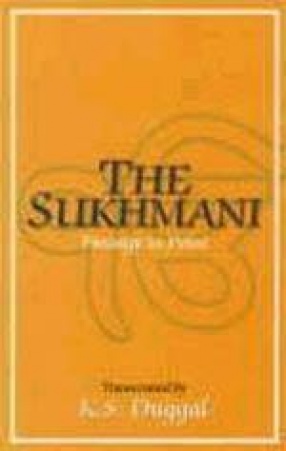
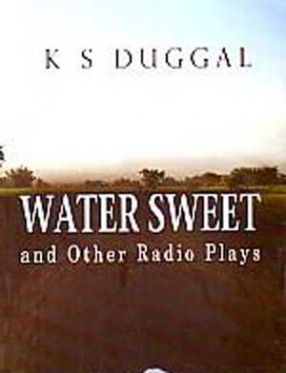

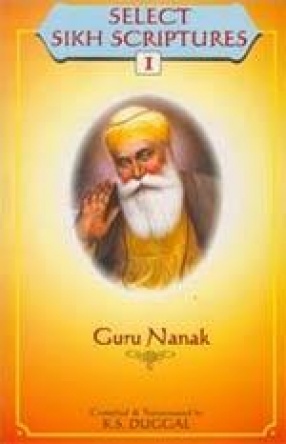
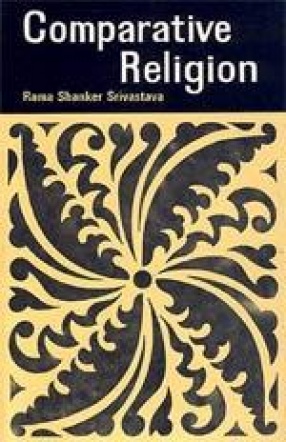
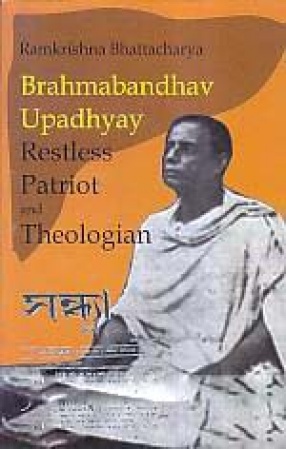

There are no reviews yet.